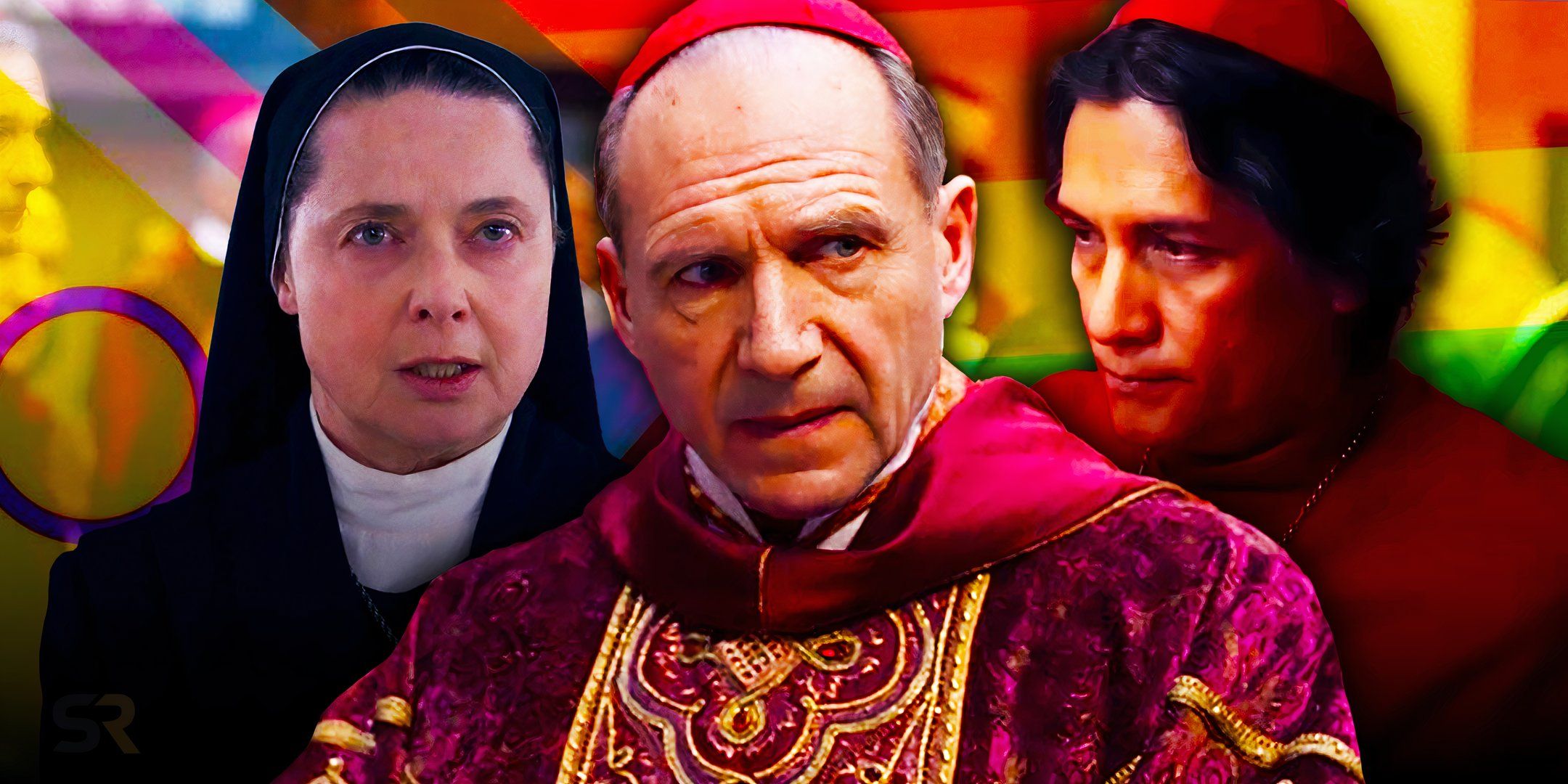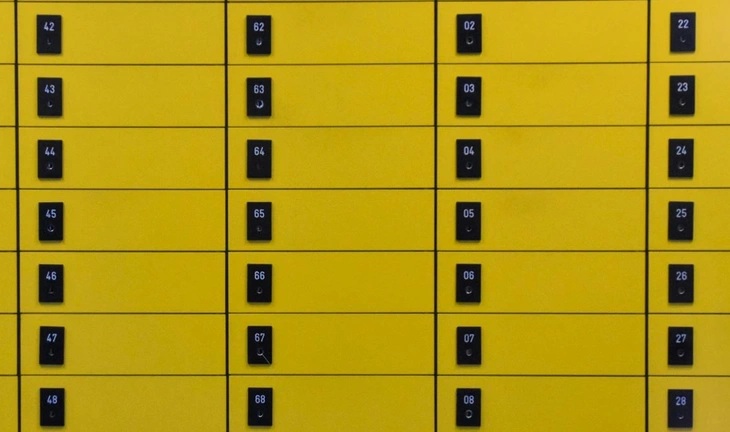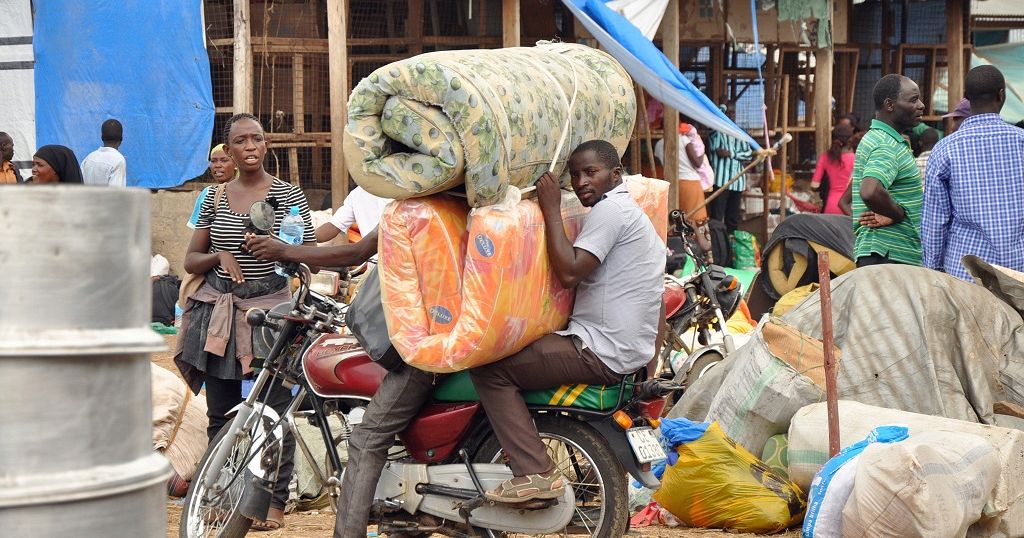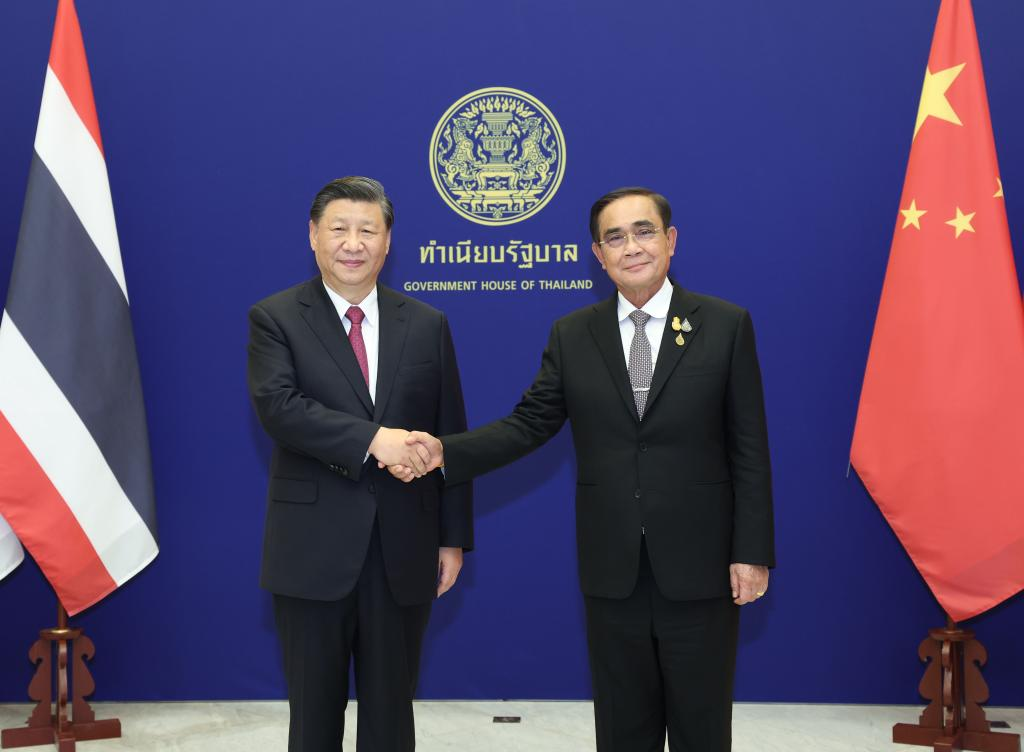Pope Francis's Successor: A Conclave Defined By His Legacy

Table of Contents
Francis's Defining Policies and Their Impact on the Next Pope
Pope Francis's papacy has been defined by several key policy areas that will undoubtedly shape the criteria for his successor. The next Pope will inherit a Church deeply influenced by his vision.
Emphasis on Social Justice and the Poor
Pope Francis prioritized the plight of the poor, marginalized, and vulnerable. His encyclical Laudato Si' highlighted the urgent need for environmental protection and social justice. The next Pope will be expected to continue this crucial work.
- Increased attention to the needs of marginalized communities: Expect a continued focus on addressing poverty, hunger, and homelessness, both within the Church and globally.
- Continued commitment to fighting economic inequality and wealth disparity: The next Pope will likely advocate for fairer economic systems and policies that reduce the gap between the rich and the poor. This could involve increased engagement with international organizations and governments.
- Stronger advocacy for environmental protection and sustainability: Following the lead of Laudato Si', the next Pope will need to champion environmental stewardship and advocate for sustainable practices to protect our planet. This will likely involve collaboration with scientific and environmental organizations.
- Potential for increased engagement with political leaders on social justice issues: Pope Francis demonstrated a willingness to engage directly with political leaders on issues of social justice. His successor is likely to continue this trend, using the papal platform to influence policy and promote ethical governance.
Reforms within the Church
Pope Francis initiated significant reforms aimed at modernizing Church governance and increasing transparency. These changes are likely to be a key consideration for the cardinals selecting his successor.
- Further streamlining of Vatican bureaucracy: The next Pope will likely face continued pressure to address inefficiencies and financial transparency within the Vatican. This may involve further reforms and restructuring of Vatican departments.
- Continued efforts to promote inclusivity and dialogue within the Church: Pope Francis has emphasized the importance of dialogue and inclusivity within the Church. His successor will need to build upon this foundation, addressing internal conflicts and divisions.
- Addressing internal conflicts and divisions within the clergy: The Church continues to grapple with issues such as clerical abuse. The next Pope will need to continue the work of addressing these challenges and ensuring accountability.
- Potential changes to the structure and processes of Church governance: Further reforms to Church governance are likely, potentially impacting the role of bishops, the structure of dioceses, and the decision-making processes within the Church.
Interfaith Dialogue and Global Engagement
Pope Francis actively fostered ecumenical and interfaith relations, engaging in dialogue with leaders from various religious traditions. His successor will likely continue this emphasis on global cooperation.
- Strengthening bonds with other Christian denominations: The next Pope will likely continue the pursuit of greater ecumenical unity among Christian churches.
- Promoting dialogue with leaders of other religions: The ongoing emphasis on interfaith dialogue will continue, focusing on building bridges of understanding and cooperation between different faiths.
- Addressing global conflicts and promoting peace-building initiatives: The next Pope will likely use his platform to advocate for peace and reconciliation in conflict zones around the world.
- Engaging with global leaders on humanitarian crises: Addressing humanitarian crises, such as famine, displacement, and epidemics, will remain a high priority for the next Pope.
Predicted Characteristics of the Next Pope
The cardinals will likely seek a candidate who embodies several key characteristics to effectively lead the Church into the future.
Pastoral Leadership and Compassion
Pope Francis's pastoral approach, emphasizing empathy and compassion, is likely to be a highly valued trait in his successor.
- A strong focus on serving the poor and marginalized: Similar to Pope Francis, the next Pope will likely prioritize serving those most in need.
- A deep understanding of pastoral challenges facing the Church: The next Pope will need to be acutely aware of the challenges facing Catholic communities worldwide.
- Commitment to listening to and engaging with different perspectives: Inclusivity and open dialogue will be crucial for effective leadership.
- Ability to connect with people from diverse backgrounds: The next Pope will need to be able to resonate with people from various cultures and backgrounds.
Experience in Governance and Administration
Given the complexities of governing the Vatican, administrative experience will likely be a significant factor in the selection process.
- Proven skills in leadership and management: Effective management of the Vatican's complex bureaucracy will be essential.
- Experience in resolving internal conflicts and promoting collaboration: The ability to navigate internal disputes and foster collaboration within the Church is vital.
- Understanding of Vatican bureaucracy and financial matters: Familiarity with the Vatican's financial processes and administrative structures is necessary.
- Ability to navigate complex political dynamics within the Church: The next Pope will need to be adept at navigating the political landscape within the Catholic Church.
Global Perspective and Understanding of Modern Challenges
The challenges facing the Church today are global in scope, requiring a broad perspective and understanding of modern issues.
- Understanding of diverse cultures and perspectives: A global outlook is crucial for effective leadership in the 21st century.
- Familiarity with global social and political issues: The next Pope will need to be knowledgeable about major global events and trends.
- Capacity for innovative thinking and problem-solving: The ability to find creative solutions to complex problems will be vital.
- Strong communication and interpersonal skills: The next Pope will need to communicate effectively with people from diverse backgrounds.
Conclusion
The selection of Pope Francis's successor will be a pivotal moment for the Catholic Church, significantly shaped by his legacy of social justice, reform, and global engagement. The cardinals will likely prioritize a candidate who can build upon these foundations, demonstrating pastoral leadership, strong administrative skills, and a global vision. Understanding the implications of Pope Francis’s papacy is crucial to comprehending the choices facing the conclave and the future direction of the Church. To delve deeper into the potential candidates and the ongoing debate surrounding Pope Francis's successor, continue your research on the subject of Pope Francis's Successor.

Featured Posts
-
 Private Credit Jobs 5 Dos And Don Ts To Get Hired
Apr 22, 2025
Private Credit Jobs 5 Dos And Don Ts To Get Hired
Apr 22, 2025 -
 South Sudan And The Us To Coordinate Repatriation Of Deportees
Apr 22, 2025
South Sudan And The Us To Coordinate Repatriation Of Deportees
Apr 22, 2025 -
 Across The Us Citizens Rally Against Trumps Policies
Apr 22, 2025
Across The Us Citizens Rally Against Trumps Policies
Apr 22, 2025 -
 How Tariffs Impact Chinas Export Oriented Economy
Apr 22, 2025
How Tariffs Impact Chinas Export Oriented Economy
Apr 22, 2025 -
 Enhanced Security Partnership China And Indonesia
Apr 22, 2025
Enhanced Security Partnership China And Indonesia
Apr 22, 2025
